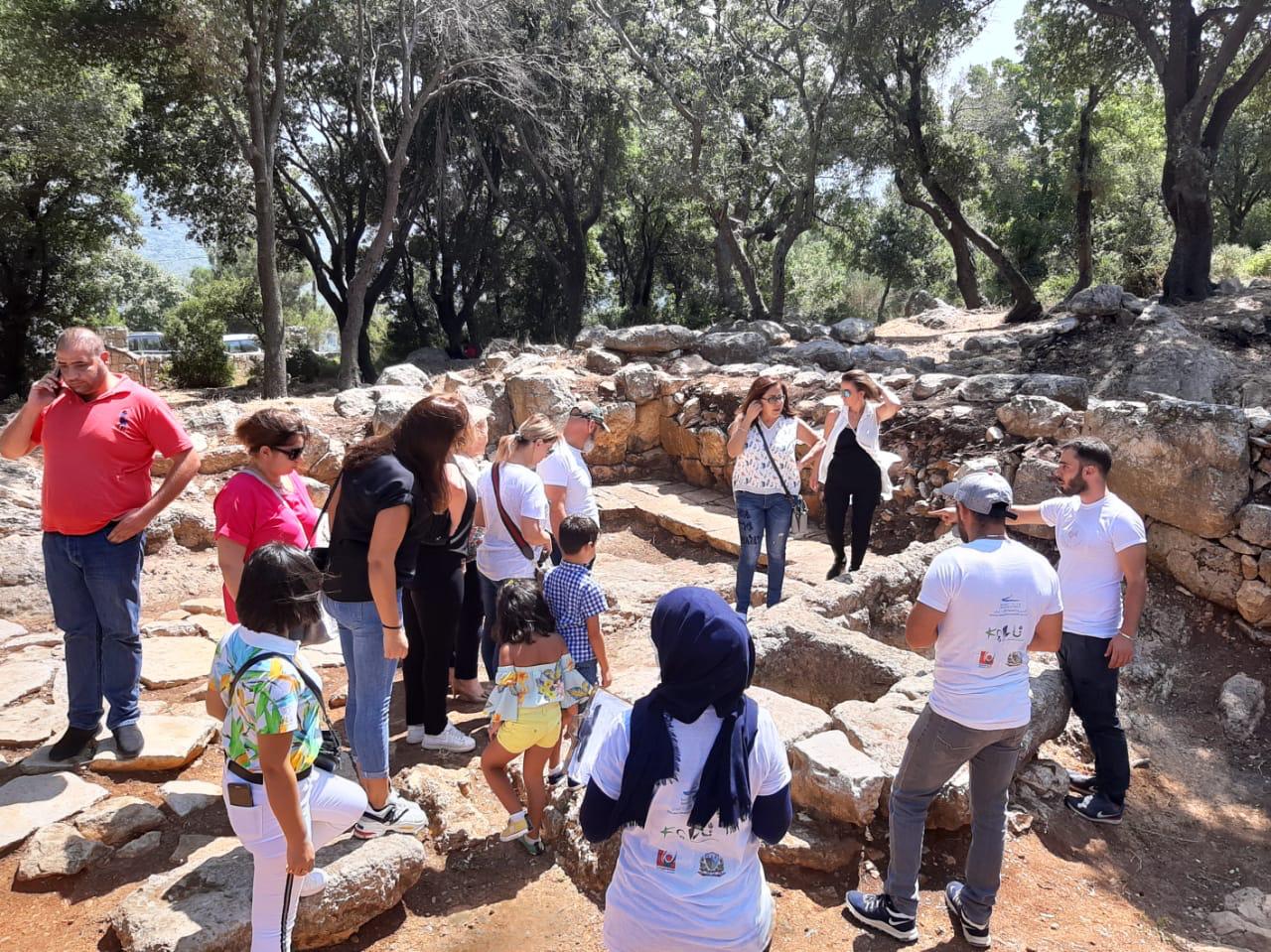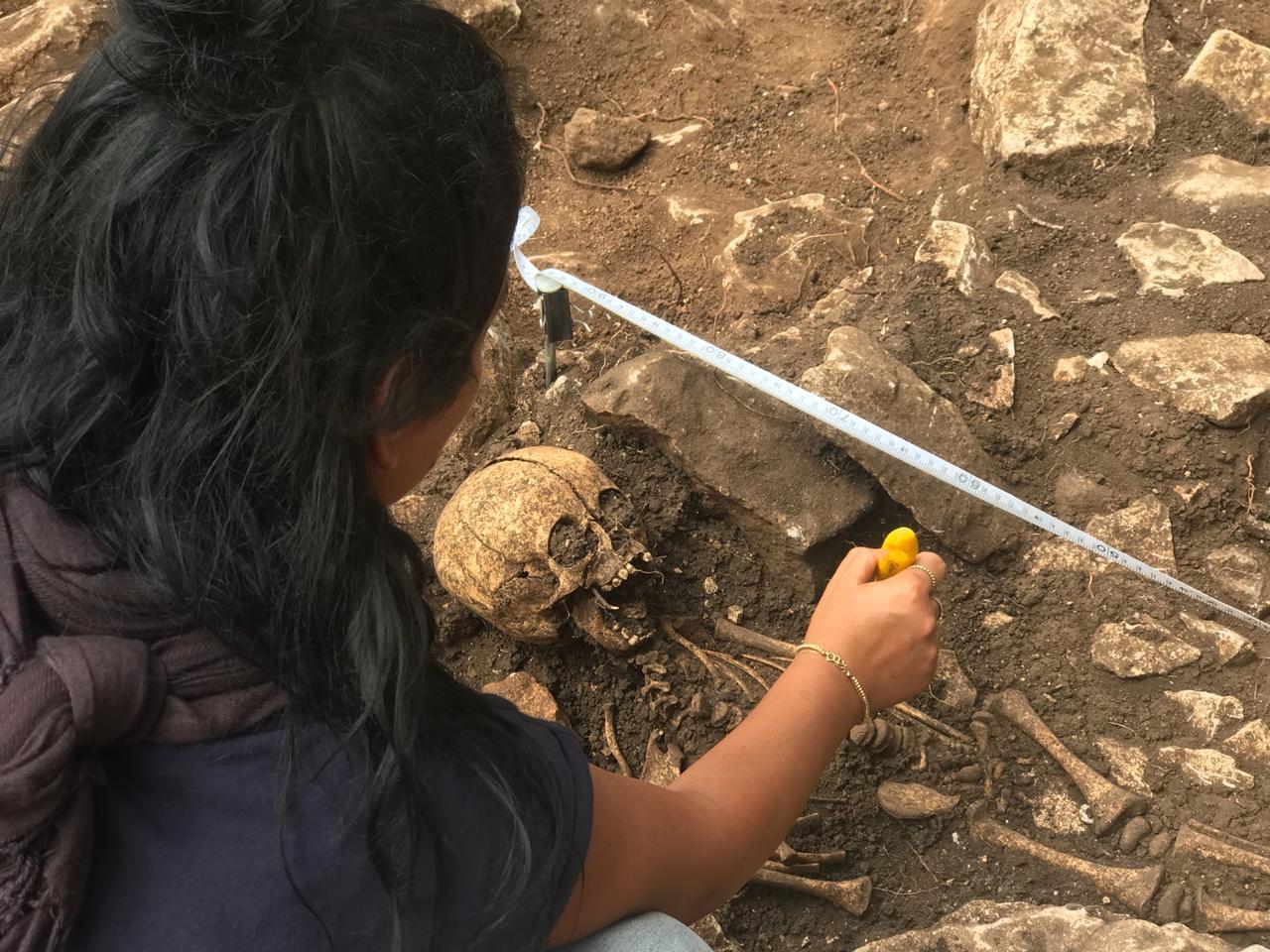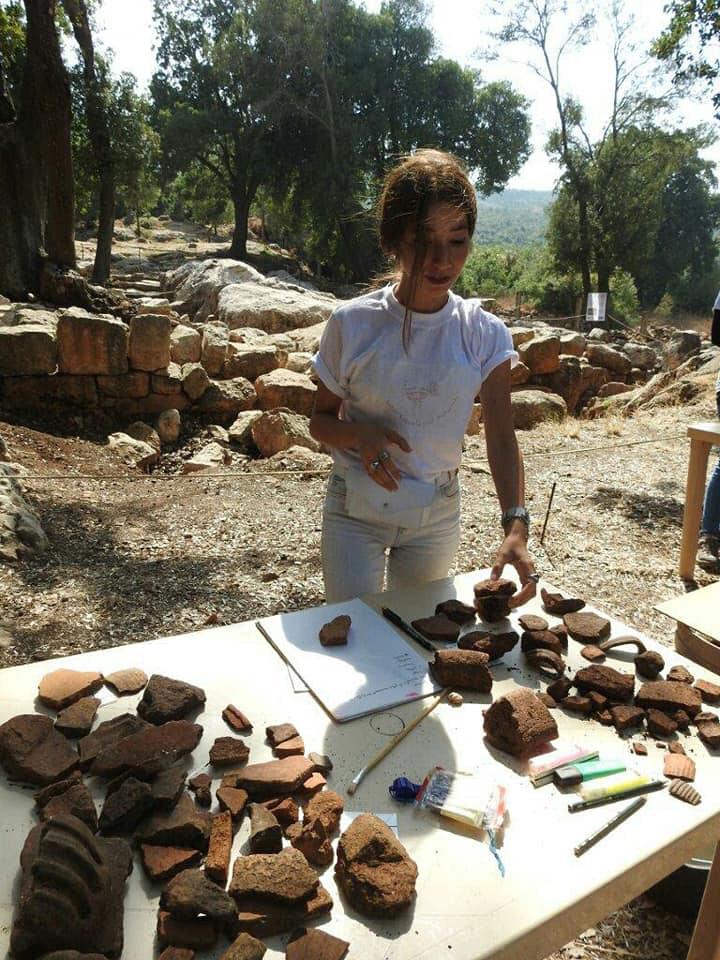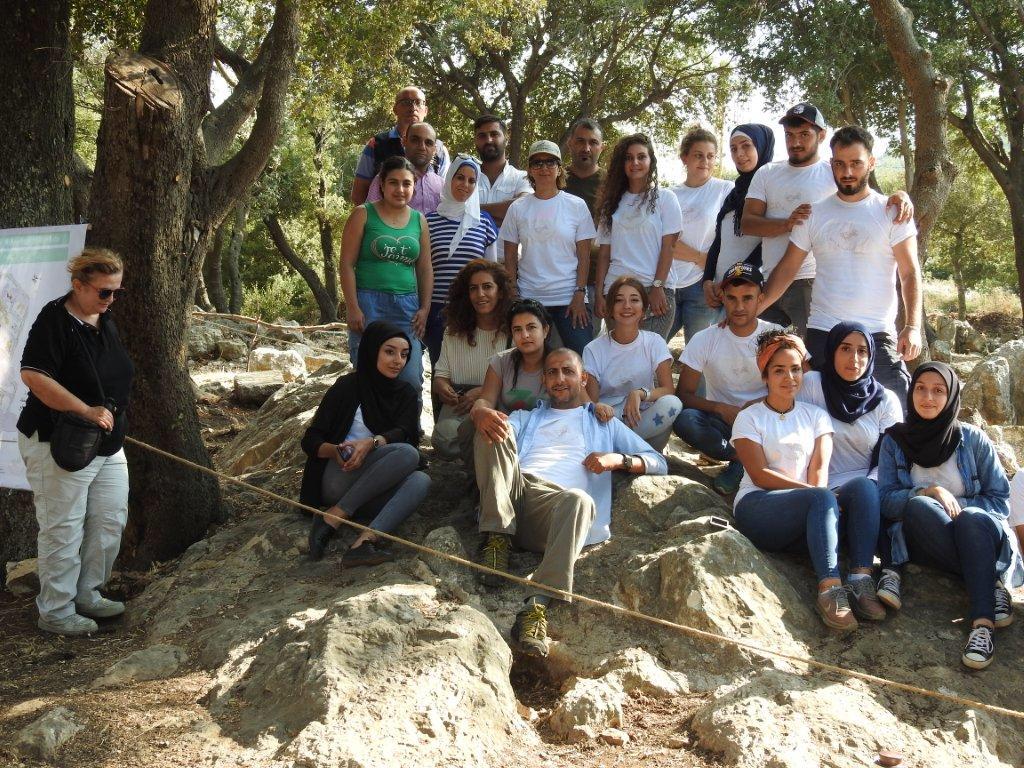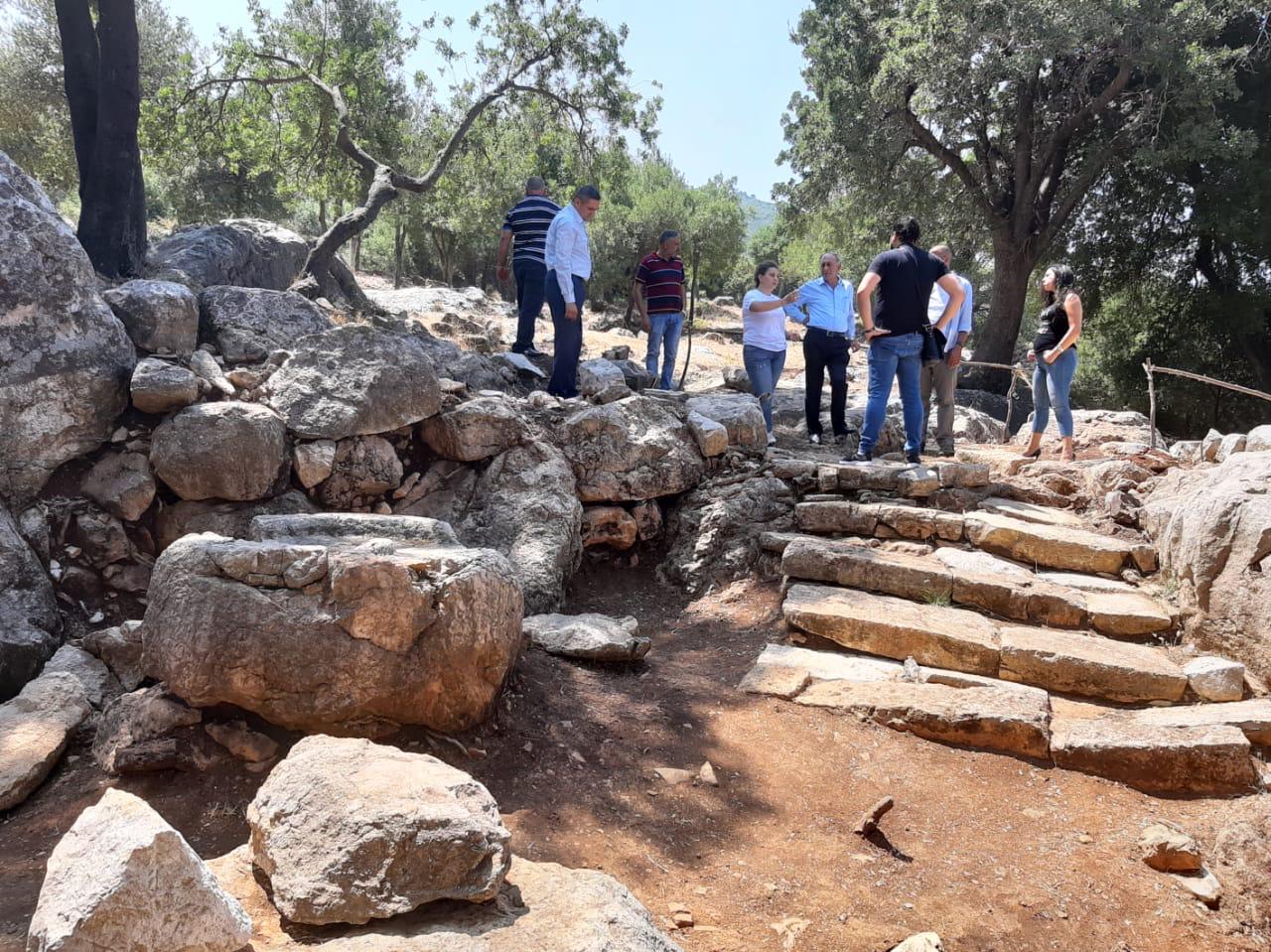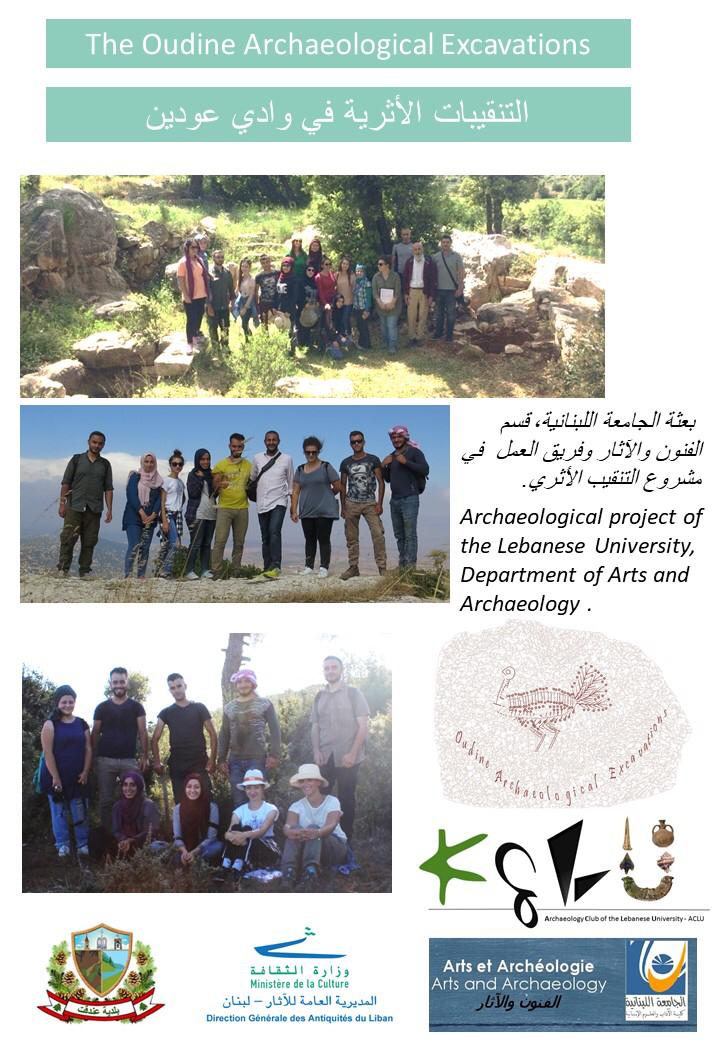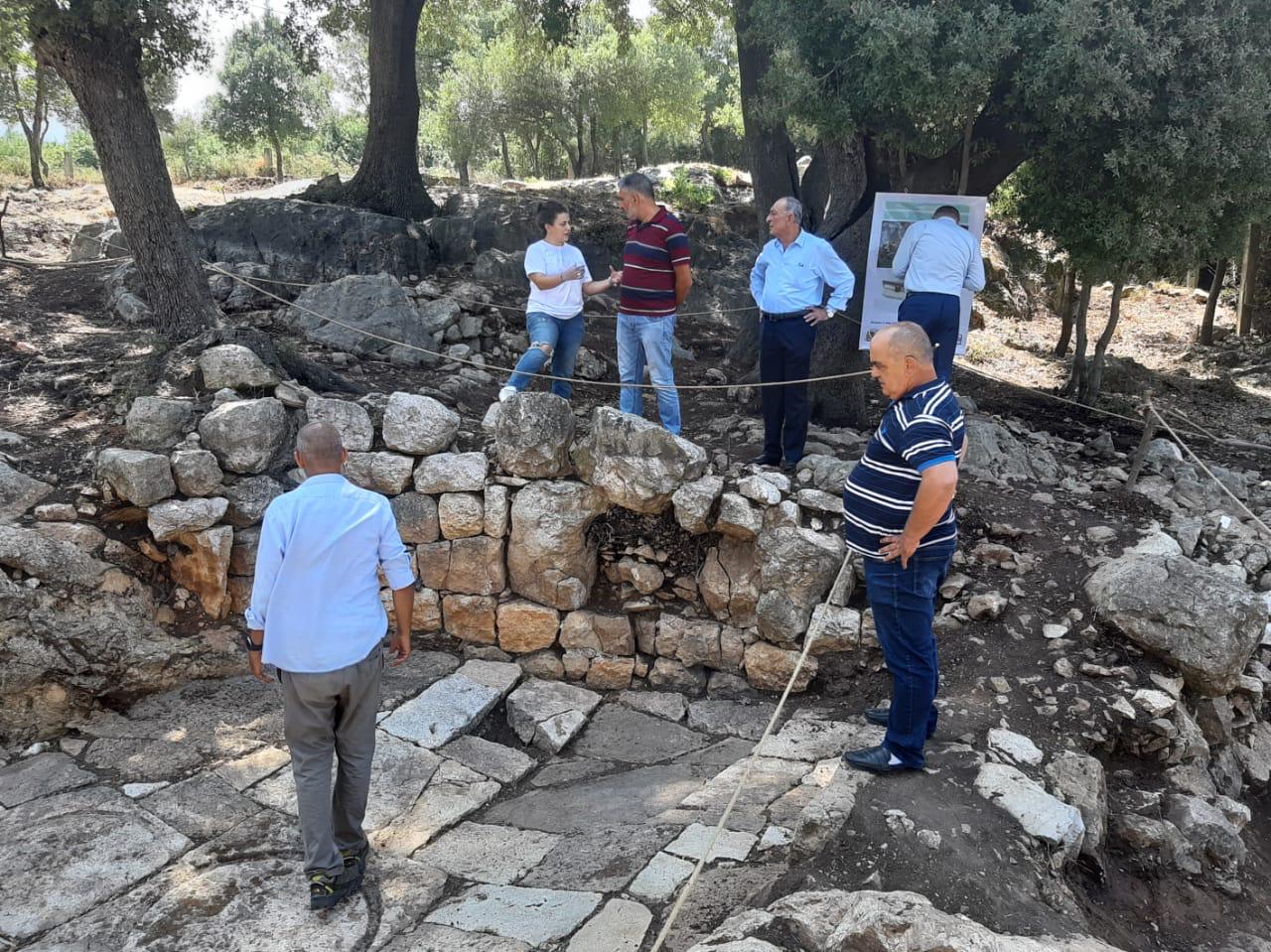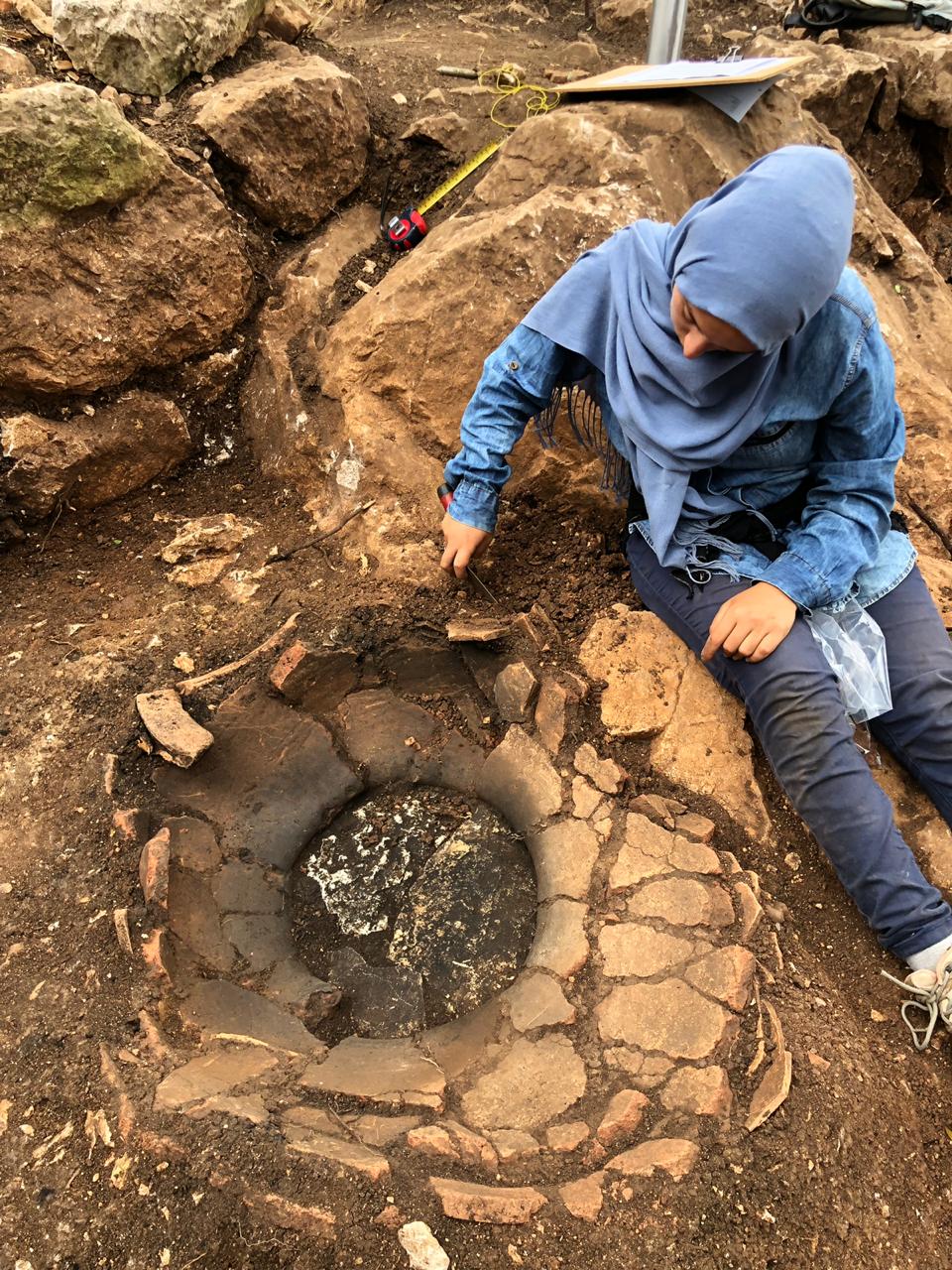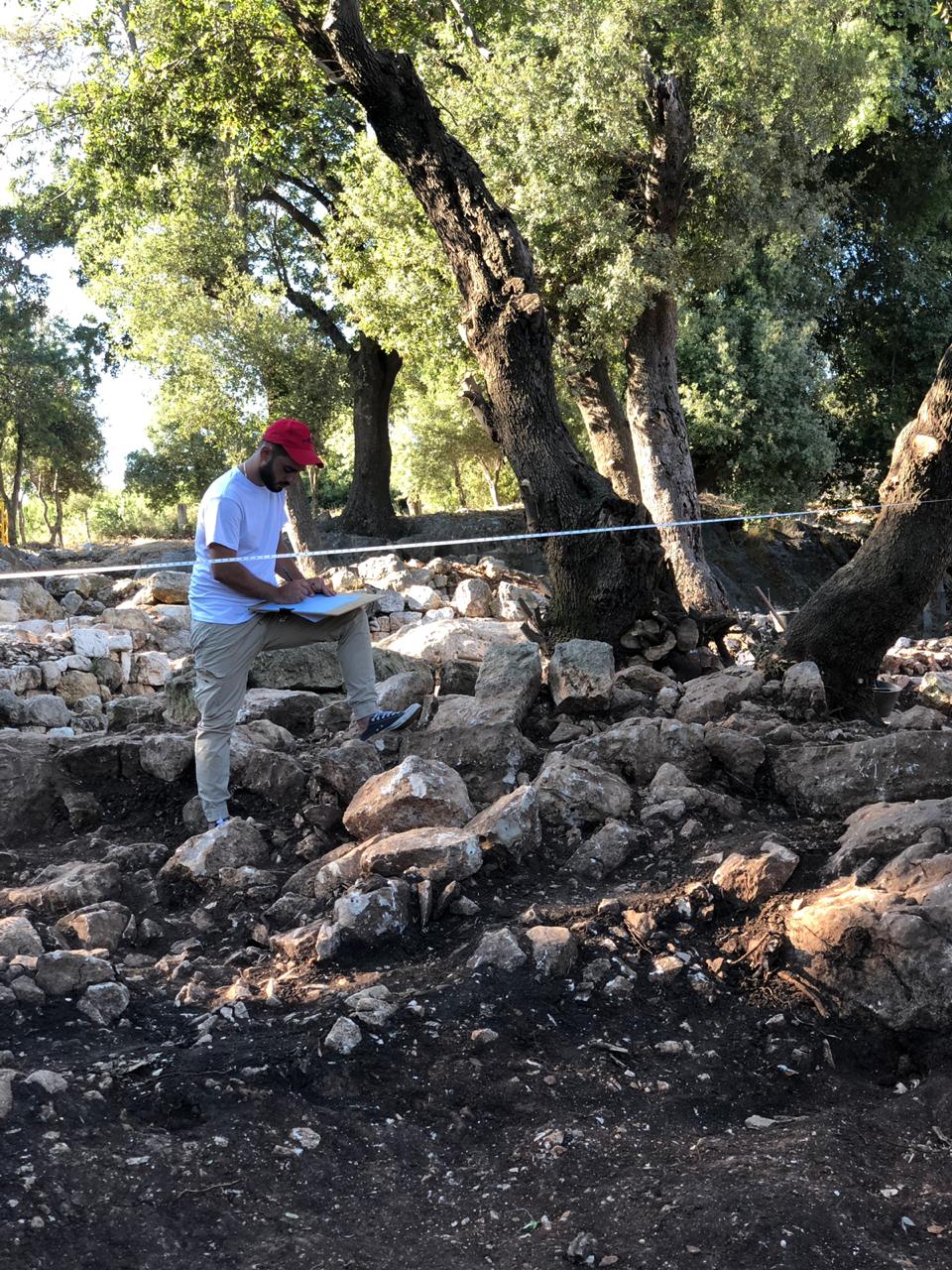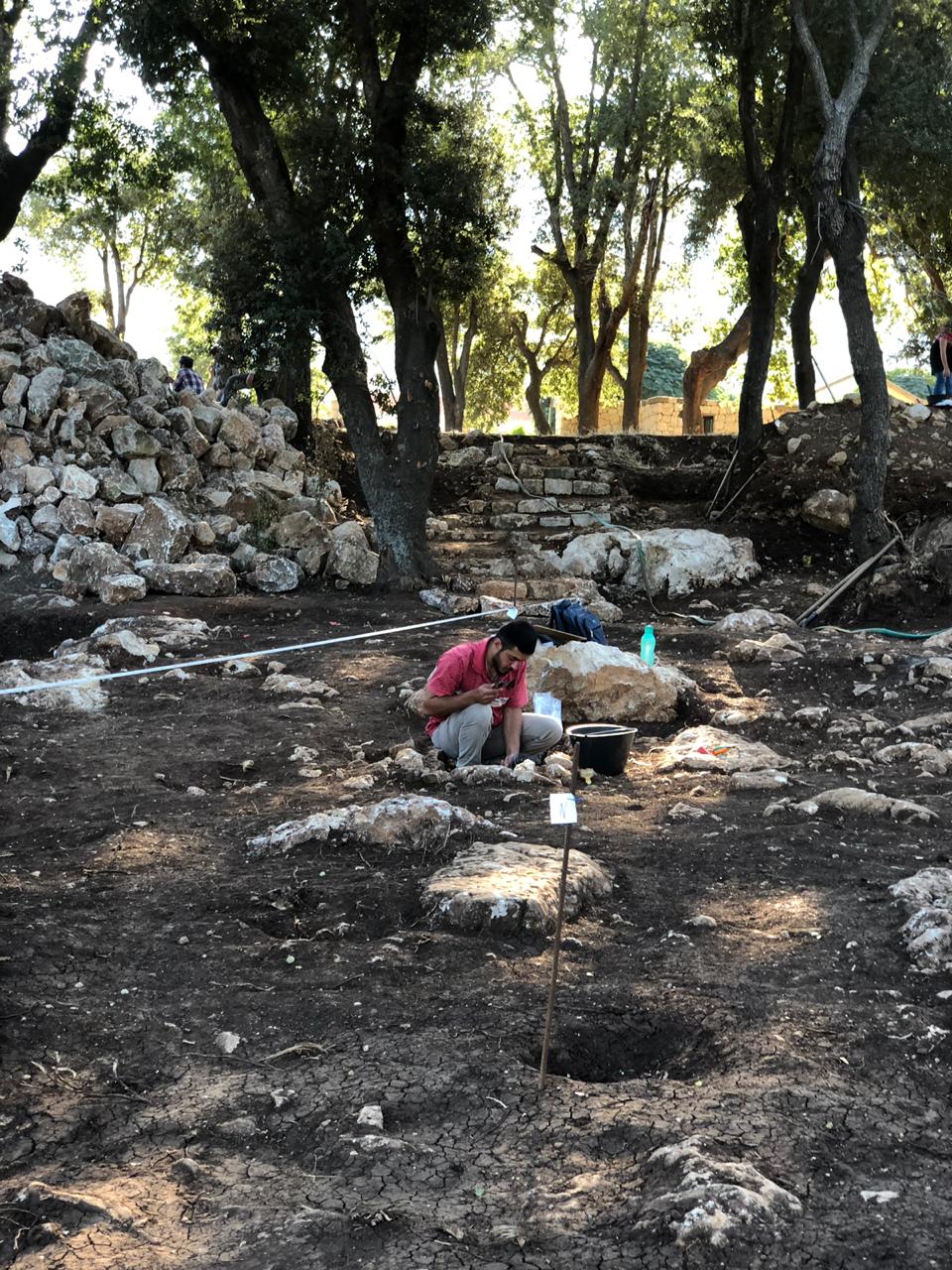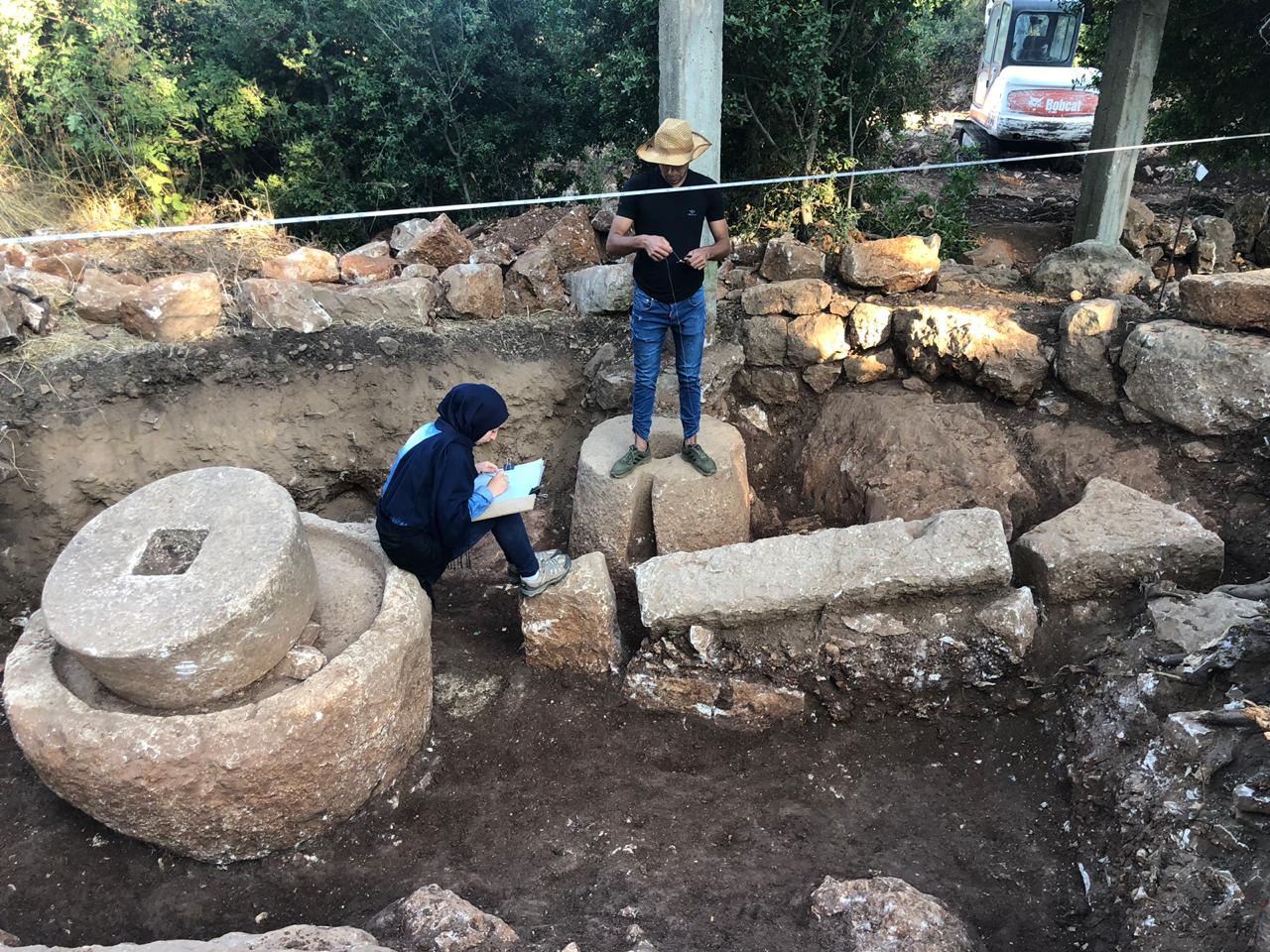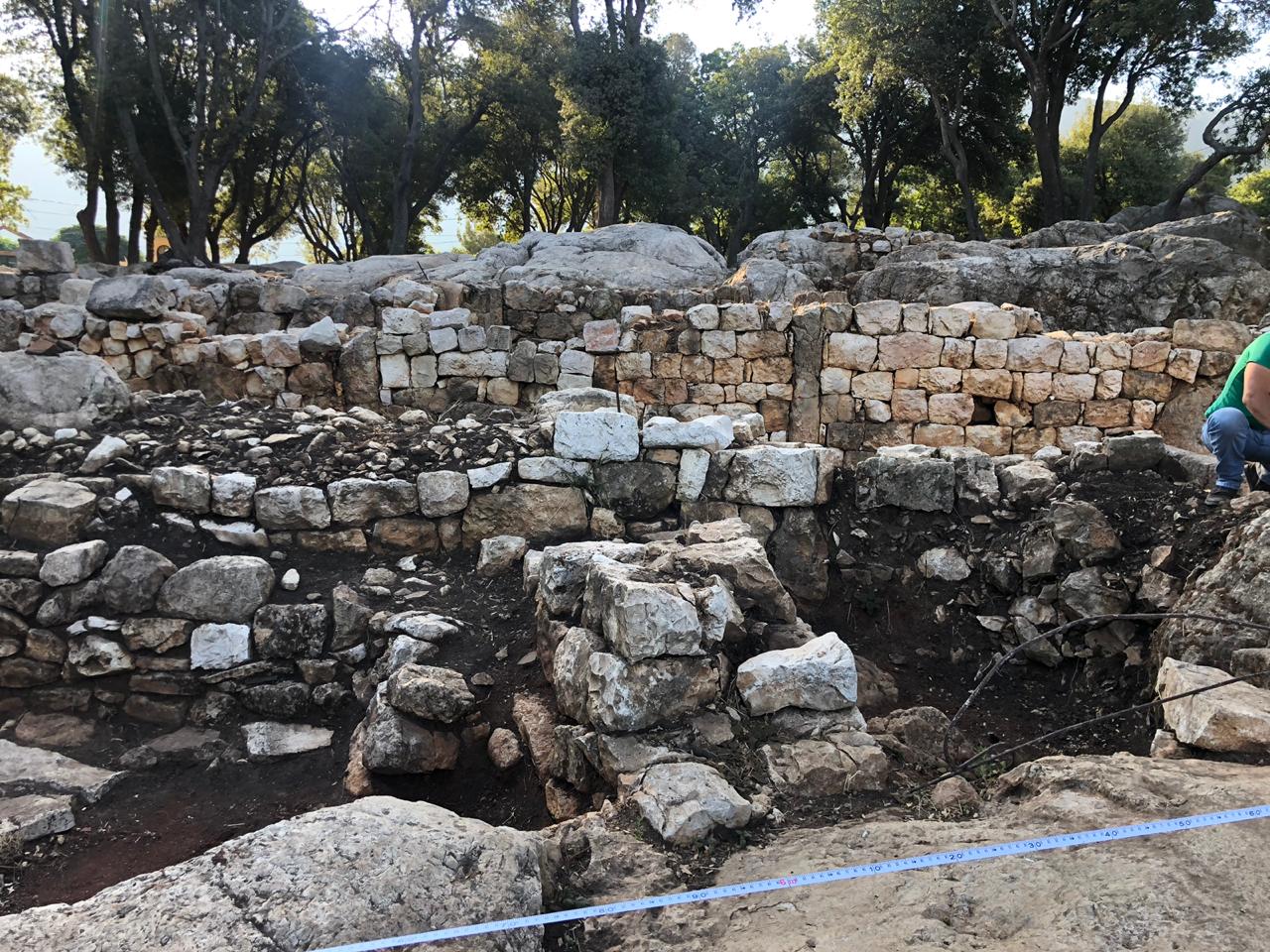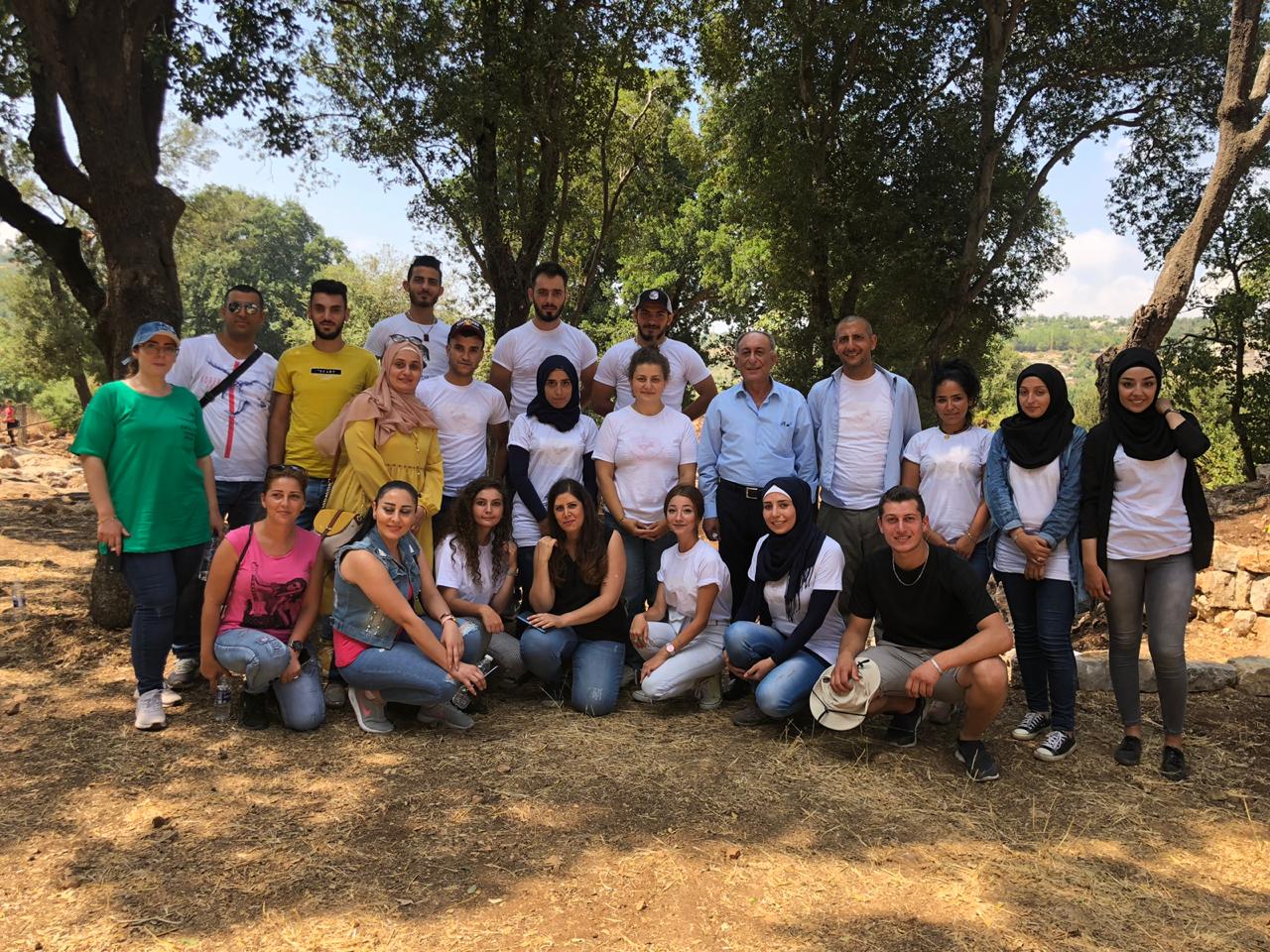

A group of professors and students from the Lebanese University – Faculty of Letters & Human Sciences (Department of Arts & Archeology) discovered new remains in Wadi Arbin in Aandqet, Akkar dating back to the Roman and Byzantine era. This discovery can re-establish a specific historical period in Akkar, which is the strategic area linking the Lebanese coast with Syria’s inland.
Under the agreement signed between the Lebanese University and the Directorate General of Antiquities (DGA) at the Ministry of Culture, the team started its work in Akkar in April 2018 under the supervision of the Head of the Department of Arts & Archeology at the Faculty (Branch 4), Dr. Joanna Shahoud. Last month, the team registered new discoveries in Wadi Arbin, consisting of two-storey ancient houses. The ground floor was used for storage and olive presses while the second floor was used for accommodation, in addition to the remains of three churches and tombs carved in the rock, pottery of ancient glass and some coins.
The project, undertaken by the Lebanese University, will continue for three years, with the final phase of the project including the restoration and rehabilitation of the archaeological sites discovered.
Dr. Shahoud points out that the project is funded by the Municipality of Aandqet. However, several requests will be submitted to the UNESCO and foreign embassies to double the funding and operate one of the discovered olive presses, thus placing Akkar on the tourist map of Lebanon.
It is noteworthy that the new discovery will be issued within two months in the Lebanese Archaeology and Architecture Bulletin (BAAL) issued by the Ministry of Culture.
